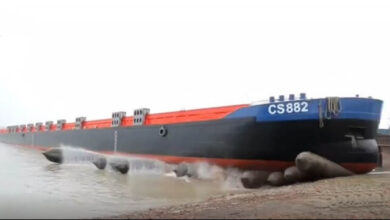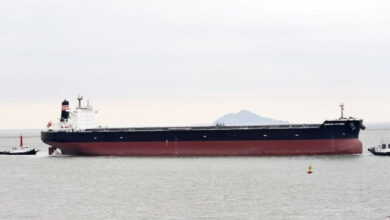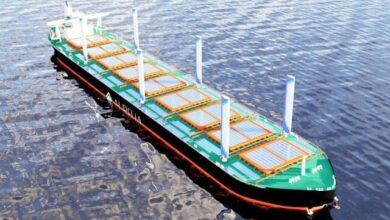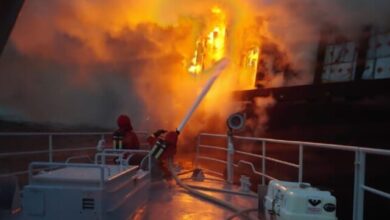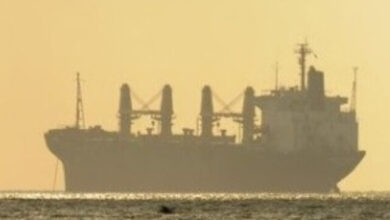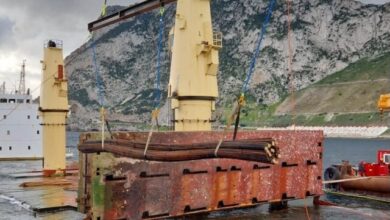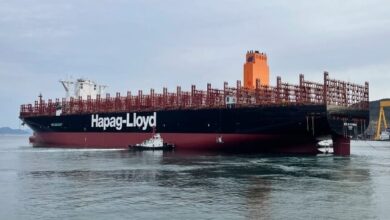ITF and JNG Joint Statement: On Seafarers’ Rights and the Present Crew Change Crisis


Our industry is responsible for 90% of global trade. Historically, we have been critical to the development of national economies and global prosperity. We remain the lifeblood of the global economy and key to the future recovery, including the jobs of billions of people, as the world responds to Covid-19.

But, as an industry, we can only help move the world forward from this pandemic, and continue to transport the world’s vital goods, if working conditions on ships comply with international maritime regulations. That’s because these regulations guarantee the health, safety, security and welfare of the heart of our industry: the world’s seafarers.
Seafarers need an industry that values them, their contribution, and their human rights. Seafarers need free, fair and safe workplaces.
The maritime employers who are members of the Joint Negotiating Group have worked tirelessly to facilitate crew changes at great financial cost, yet, over 400,000 seafarers remain stranded working on vessels, forced to extend their tours of duty due to border and travel restrictions imposed by many governments around the world, as well as the scarce availability of international flights brought about by the pandemic.
We are uniting to call for ship owners, charterers, management companies, manning agents, hiring partners and all other stakeholders to commit to not applying pressure on seafarers or coercing them in any way to extend their contracts. Neither should they deny seafarers the ability to exercise their human right to stop working, leave ships, and return home.

IMEC Chairman Capt Belal Ahmed said “It is important that seafarers are not disadvantaged for merely standing up for themselves when they have completed their contracts and are mentally and physically not ready to continue to work safely.”
We urgently call for cargo owners/operators, charterers and brokers to agree charter party agreements that allow flexibility for ship owners/managers to divert ships and call in ports where crew change is possible, without imposing penalties.

The ITF’s General Secretary, Stephen Cotton said the federation and its affiliates were urging all stakeholders in the industry to take responsibility for supporting crew change wherever they could.
“Seafarers have a real fear that if they speak or stand up that their careers could be over. Fear of blacklisting prevents them from enforcing their own worker and human rights. Given the mental and physical fatigue caused by extended time on board, it is more important than ever during this crew change crisis that seafarers are able to speak up. We will be coming down hard on anyone in the industry who think they can get away with targeting seafarers who use their rights to reject contract extensions. Our industry is better than that,” said Cotton.
It is the responsibility and duty of all maritime stakeholders to highlight the dire situation faced by seafarers. Most importantly, however, it is the responsibility of the international leaders to acknowledge the dedication and efforts of seafarers in this unprecedented pandemic, and accept that their plight can no longer be ignored.
press release


